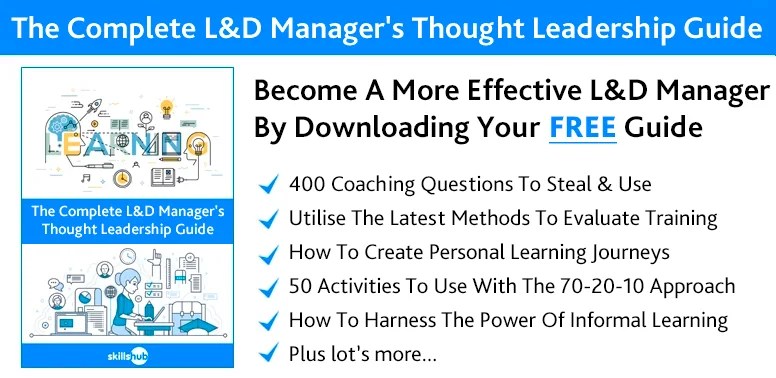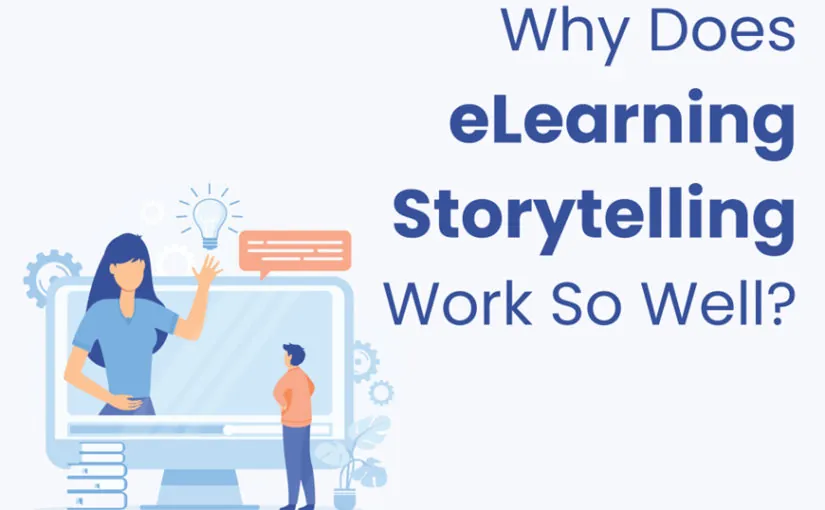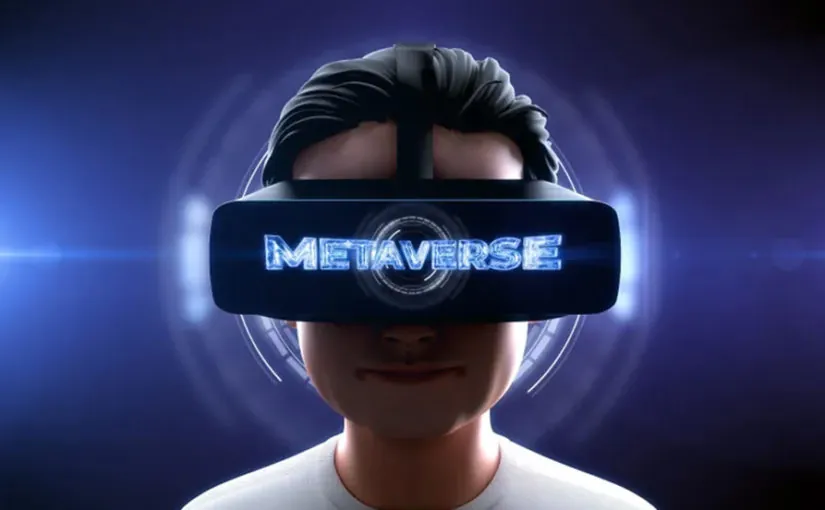Of course, one of the most effective ways to establish learning needs for staff is to do an individual training needs analysis from which you can identify individual training requirements.
You can also use this data to do a cluster analysis to see if there are any particularly weak competency areas which affect your organisation as a whole or which affect specific departments or demographic groups.
One interesting way to segment your work-force in order to analyse specific training needs is by age or generation as there is research to suggest that learning needs do tend to cluster according to generation.
This means you could more effectively target training content to staff according to their demographic.
Millennial Learning Needs
It’s not surprising that the thirst for knowledge and learning may be strongest in the millennial generation.
This survey by PwC titled ‘Milennials at Work’, shows that the most influential factor by far on why millennial accept jobs is the opportunity for personal development and access to training and development programmes.
The types of training that they were most in need of and that were most valued by millennials were:
Working with strong coaches and mentors to help them develop the skills to lead, manage and make better decisions and progress (28%)
Changes/rotation of role to gain experience (21%)
Support for further academic training (19%)
Collaborating with inspiring colleagues on key projects (18%)
Formal class-room training (6%)
E-learning (5%)
Millennials have an especially strong need to have some experience working abroad, (71%), as they see this as vital to a successful career in a globalised economy.
This SHRM study indicates that millennials are more in need of well-defined assignments clear benchmarks and continual feedback and discussion as a means of personal development and learning.
Generation X Learning Needs
Let’s face it, Generation X will be approaching middle age now and will possess a slightly different set of priorities, possibly based around consolidating their corporate positions or even making mid-life career transitions.
Being perhaps the most independent generation they are not in so much need for feedback as the younger generations.
Having born the brunt of recent recessions they are driven by job security and looking to build a transferable career by developing a range of skills.
Boomers
The least technologically native and comfortable of all the work-place generations, boomers, would benefit from reverse mentoring and training in the areas of new technology and its application.
Also, since research suggests that boomers are particularly interested in technology if it helps them live longer, boomers could value training in technology assisted, well-being related areas.
If you’re ready to level up your L&D strategy with the help of an eLearning company, get in touch with us today!


 Of course, one of the most effective ways to establish learning needs for staff is to do an individual training needs analysis from which you can identify individual training requirements.
Of course, one of the most effective ways to establish learning needs for staff is to do an individual training needs analysis from which you can identify individual training requirements.










